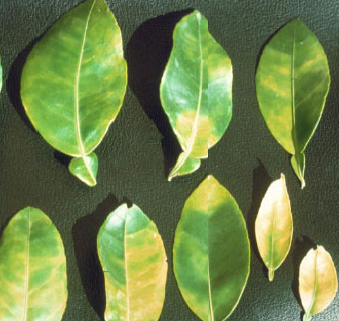|
To provide California citrus growers with a strong toolbox of options to protect their orchards from Huanglongbing (HLB), the Citrus Pest & Disease Prevention Committee has endorsed the following “Best Practices for Growers in Response to HLB in California.” The recommendations – which are grouped based on a grower’s proximity to an HLB detection – represent the most effective tools known to the citrus industry at this time and are meant to supplement the California Department of Food and Agriculture’s required regulatory response.
Growers are encouraged to use as many methods as feasible for their operation in order to limit the spread of the Asian citrus psyllid (ACP) and HLB, as the cost to manage the Asian citrus psyllid is far less than any potential costs or loss to the industry should HLB take hold throughout our state.
To read about the best practices and the process that helped build the practices, please visit https://citrusinsider.org/psyllid-and-disease-control/voluntary-best-practices-for-growers-response-to-huanglongbing/
Citrus growers are urged contact their local grower liaison with questions.
The best practices will be explained in-depth during Citrus Research Board’s (CRB) 2019 Citrus Growers Educational Seminars from June 25–27 in Palm Desert, Santa Paula and Exeter. The Citrus Pest & Disease Prevention Program recommends growers sign up for CRB’s seminars to learn more about these best practices and additional critical information about ACP and HLB. Visit CitrusResearch.org to learn more and register.
|

